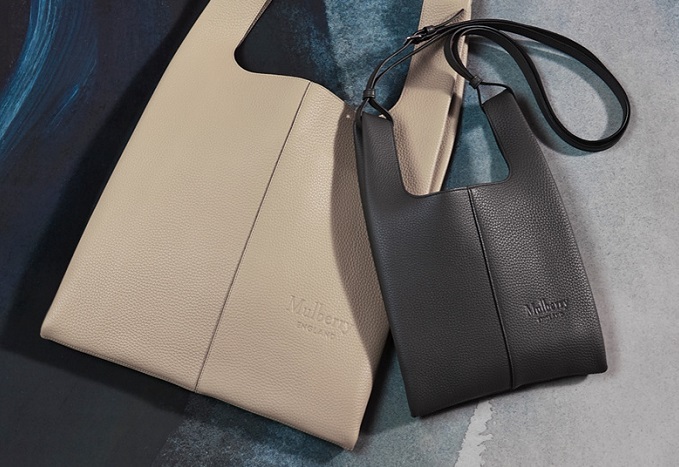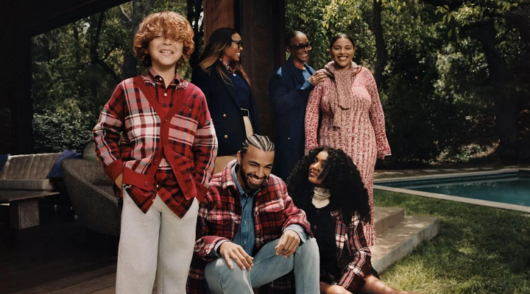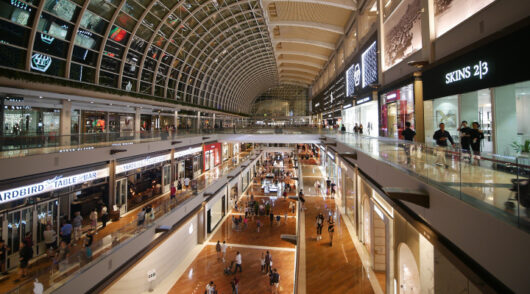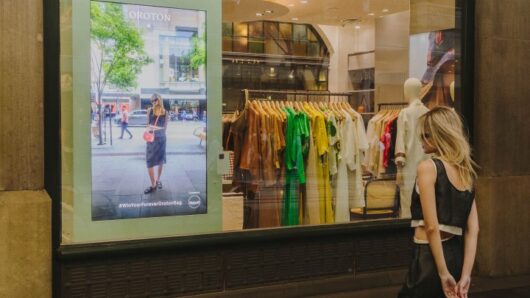Once criticised for incinerating unsold products rather than selling them at discounted prices, luxury brands are shifting towards environment-friendly practices by actively making use of eco-friendly materials.
British luxury brand Burberry, for example, plans to expand the application of the eco-friendliness guarantee standard which is now applied to a limited range of its products to its full lineup by 2022.
The eco-friendliness guarantee standard refers to taking into consideration the percentage of organic content and natural fibres in the selection of product materials, as well as carbon emissions at production facilities and the welfare conditions of production workers.
Burberry also released its ReBurberry Edit collection, an eco-friendly version of its spring and summer season products.
The ReBurberry Edit collection was made using eco-friendly materials such as econyl, a nylon fibre created by recycling waste textiles and industrial plastics.

Burberry is not alone. Prada has also rolled out products made of re-nylon, an eco-friendly material created by waste that Prada collected across the globe.
British luxury fashion house Alexander McQueen designed this year’s spring and summer collection by reprocessing fabrics such as silk and lace that remained unused at previous shows.
“The trend of value consumption which put more emphasis on product-related environment and human-rights issue when consuming goods is spreading, particularly among generation Z consumers born after 1997,” an industry expert said.
“Just like other industries, luxury brands are moving to align themselves with current buying trends.”
- Original reporting by JS Shin via Korea Bizwire






